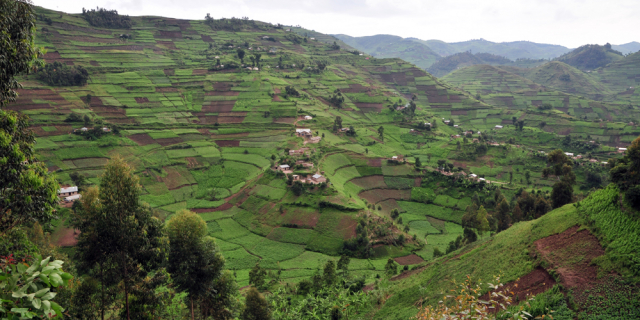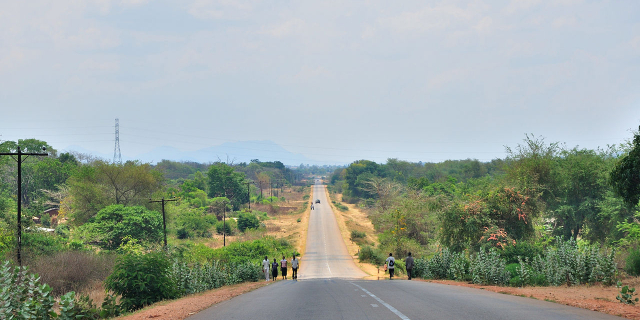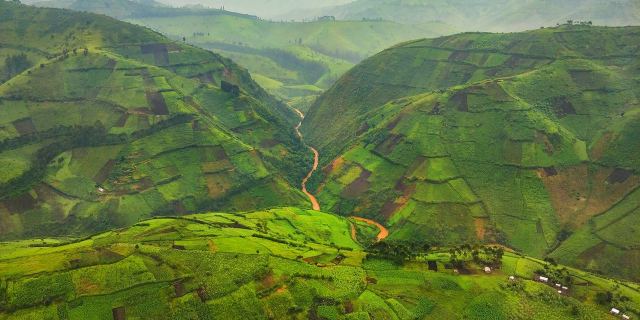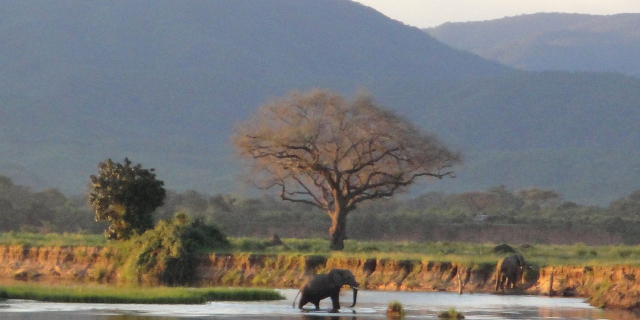Swahili people
Context of Swahili people
The Swahili people (Swahili: WaSwahili) comprise mainly Bantu, Afro-Arab and Comorian ethnic groups inhabiting the Swahili coast, an area encompassing the Zanzibar archipelago and mainland Tanzania's seaboard, littoral Kenya, northern Mozambique, the Comoros Islands, southwestern Somalia and Northwest Madagascar. The original Swahili distinguished themselves from other Bantu peoples by self-identifying as Waungwana (the civilised ones). In certain regions (e.g. Lamu Island), this differentiation is even more stratified in terms of societal grouping and dialect, hinting to the historical processes by which the Swahili have coalesced over time. More recently, however, Swahili identity extends to any person of African descent who speaks Swahili as their first language, is Muslim and lives in a town on the main urban centres of most of modern-day Tanzania and coastal Kenya, northern Mozambique and the Comoros, through a process of swahilization.
The name ...Read more
The Swahili people (Swahili: WaSwahili) comprise mainly Bantu, Afro-Arab and Comorian ethnic groups inhabiting the Swahili coast, an area encompassing the Zanzibar archipelago and mainland Tanzania's seaboard, littoral Kenya, northern Mozambique, the Comoros Islands, southwestern Somalia and Northwest Madagascar. The original Swahili distinguished themselves from other Bantu peoples by self-identifying as Waungwana (the civilised ones). In certain regions (e.g. Lamu Island), this differentiation is even more stratified in terms of societal grouping and dialect, hinting to the historical processes by which the Swahili have coalesced over time. More recently, however, Swahili identity extends to any person of African descent who speaks Swahili as their first language, is Muslim and lives in a town on the main urban centres of most of modern-day Tanzania and coastal Kenya, northern Mozambique and the Comoros, through a process of swahilization.
The name Swahili originated as an exonym for the language derived from Arabic: سواحل, romanized: Sawāhil, lit. 'coasts'. Swahili people speak the Swahili language. Swahili people's endonym for themselves is Waungwana, which means "the civilized ones." Modern Standard Swahili is derived from the Kiunguja dialect of Zanzibar. Like many other world languages, Swahili has borrowed a large number of words from foreign languages, particularly administrative terms from Arabic, but also words from Portuguese, Hindi and German. Other, older dialects like Kimrima and Kitumbatu have far fewer Arabic loanwords, indicative of the language's fundamental Bantu nature. Kiswahili served as coastal East Africa's lingua franca and trade language from the ninth century onward. Zanzibari traders' intensive push into the African interior from the late eighteenth century induced the adoption of Swahili as a common language throughout much of East Africa. Thus, Kiswahili is the most spoken African language, used by far more than just the Waswahili themselves.



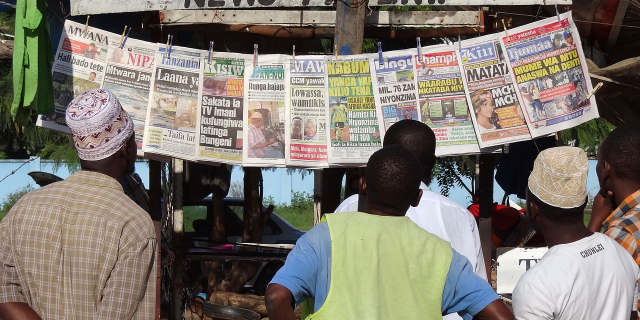




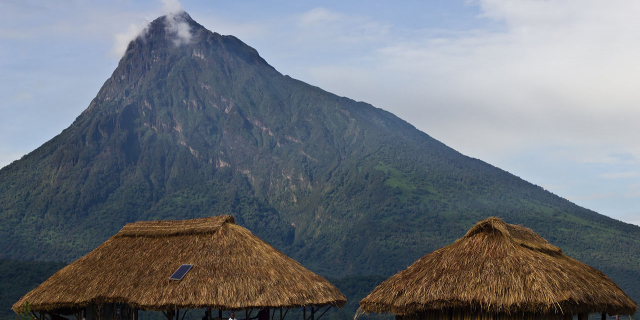
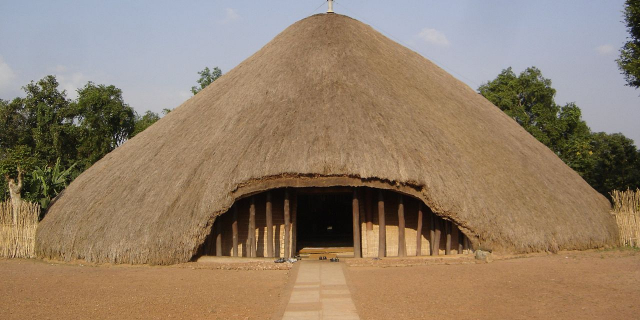

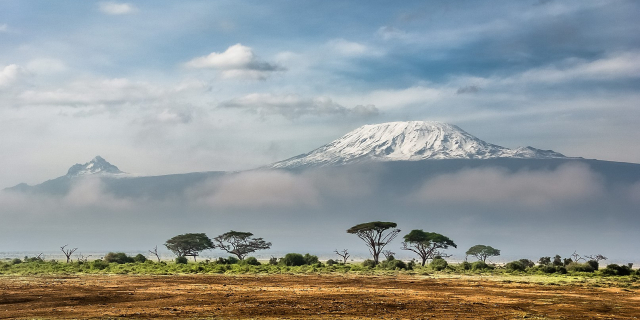


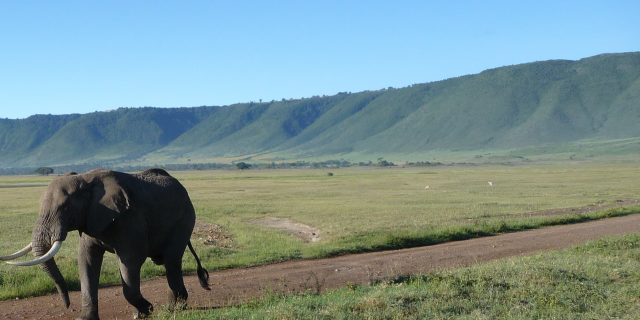
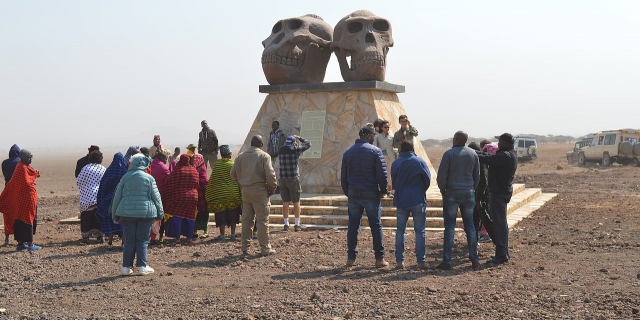

![Cliff Kemper[2] - CC BY-SA 2.0](/sites/default/files/styles/640x320/public/2022-03/Serengeti_gazelles.jpeg?h=ead717b0&itok=JsZMti_M)


